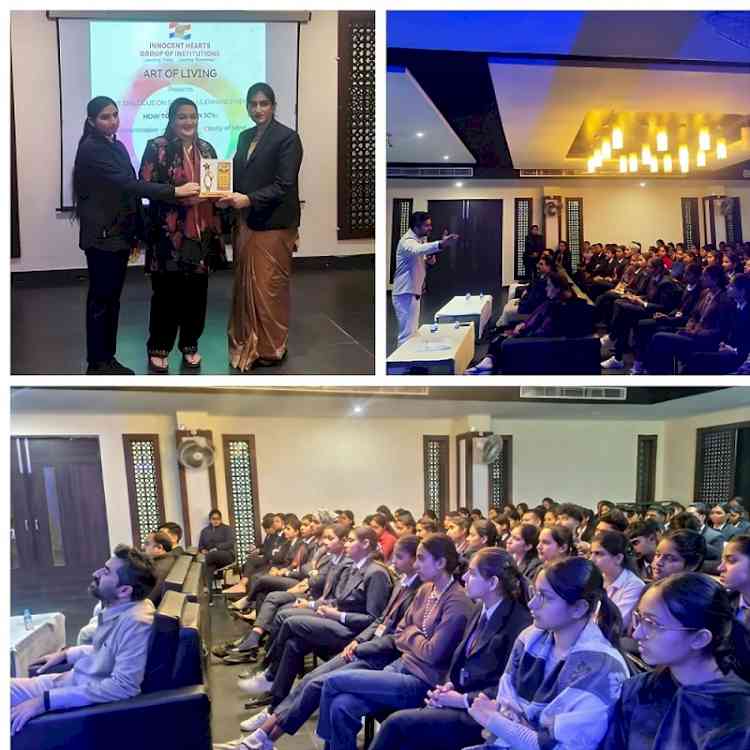BITS Pilani WILP Introduces PG Diploma programme in Smart Manufacturing to help engineers upskill in diverse industries
The Work Integrated Learning Programmes (WILP) division of Birla Institute of Technology & Science (BITS), Pilani has introduced a new PG Diploma programme in Smart Manufacturing, which is designed to help engineers working in diverse industries to design, implement, and manage manufacturing operations using digital technologies. The programme, which can be pursued without a career break, has been developed in collaboration with organisations from the manufacturing sector.

Hyderabad, February 29, 2024: The Work Integrated Learning Programmes (WILP) division of Birla Institute of Technology & Science (BITS), Pilani has introduced a new PG Diploma programme in Smart Manufacturing, which is designed to help engineers working in diverse industries to design, implement, and manage manufacturing operations using digital technologies. The programme, which can be pursued without a career break, has been developed in collaboration with organisations from the manufacturing sector.
The PG Diploma programme has three broad themes — additive manufacturing, industrial IoT, and operations management — supporting range of processes from data acquisition to realisation of digital factories. It covers the technology enablers of digital factories, such as mechatronics, industrial IoT, big data analytics, machine learning, blockchains, cloud computing, connected manufacturing, microfabrication, and cybersecurity. The last date for applications for admissions in this programme is March 18, 2024.
Reflecting on the value that the participants can derive from this PG diploma programme in Smart Manufacturing, Prof. Paramesw Chidamparam, who heads the core engineering group of the WILP division at BITS Pilani, says, "This programme imparts skills in key areas, such as digital technologies, data analytics, automation, robotics, and cybersecurity, to foster creativity, innovation, and effective collaboration among the participants — this in turn helps them with capabilities to integrate multiple technologies and processes. In addition to this, their exposure to hands-on learning opportunities further enhances their problem-solving skills and decision-making ability — thereby helping them adapt to the dynamic challenges of Industry 4.0 and contribute to the development of smart factories."



 City Air News
City Air News 








